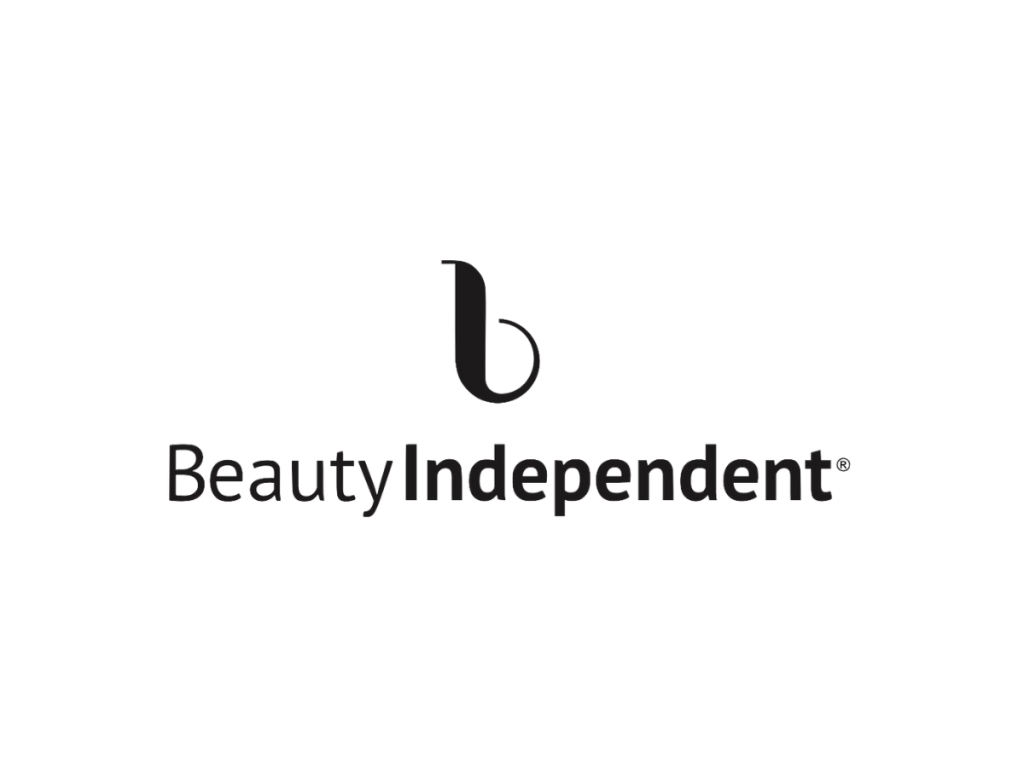
“J.C. Penney’s new initiative marks a big test for the beauty industry“
– Sarah Chung
At the beginning of this month, J.C. Penney announced the launch of its new beauty format featuring 170 brands, many of them indie, unknown brands led by minority or female founders. J.C. Penney Beauty’s concept of hyper inclusivity demanded that its buying team searched for products that work for the skin tones, hair textures and body types of its diverse customer base.
J.C. Penney could have taken the easy route and curated the entire section with the top eight beauty companies that own over 200 brands crowding every beauty aisle. Instead, it went the difficult route to find indie brands owned by minority and female founders that reflect its customer base. J.C. Penney deserves huge kudos for actually practicing diversity and inclusivity, and not just giving it lip service.

Since the announcement, there has been a fair amount of skepticism about whether this concept can succeed without the big-name beauty brands that we have grown accustomed to seeing when we shop beauty. Quite frankly, I am astonished by how many negative, dismissive comments I have heard.
Are the doubters wrong?
Can it work? I think it depends.
In the summer of 2020 during racial justice protests across the country, customers started holding beauty retailers to account. They called them out for their lack of representation and diversity in the brands carried on their shelves. When it was revealed that Sephora stocked only 3% Black-owned brands, the retailer signed on to Aurora James’ 15 Percent Pledge and made a commitment to raise its numbers of Black-owned brands.
A new awareness emerged among customers. They thought, “Just who am I supporting when I buy my favorite products?” Suddenly, the indie beauty movement was not simply about supporting small businesses, it was also about supporting BIPOC founders who are often at a disadvantage in the industry.
It is true that putting unknown brands on retail shelves is a tricky task. Brand awareness is low and customer trust will be hard to win. Because it is carrying brands without huge marketing and training budgets, J.C. Penney will have to do some of the heavy lifting that retailers traditionally pass on to their brand partners.

But the task is not impossible. In recent years, indie brands have proven their immense potential. They have dominated direct-to-consumer e-commerce through scrappy social media campaigns. They have turned to companies like mine, Landing International, to help them use technology to train retailer sales associates more efficiently. They have built fiercely loyal customer cohorts based not merely on image, but on deep values.
J.C. Penney’s new initiative marks a big test for the beauty industry. How deep are the values of inclusion and diversity promised to customers in 2020? How much are we really willing to change? How ready are we to meet the increasing demands of a customer who wants more from an industry that has historically benefitted from an exclusive culture?
The success of J.C. Penney Beauty will be contingent on customers and those of us in the industry voting for our values with our beauty dollars. I, for one, will. I challenge you to do the same. Please help diversity and small businesses win by supporting J.C. Penney. The brands in its beauty concept are from real people who put their blood, sweat, tears and sometimes life savings into launching these brands.
Need help getting your brands into a retail channel?
